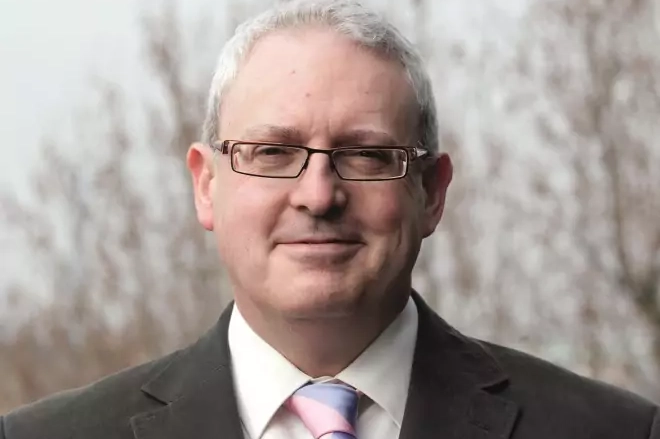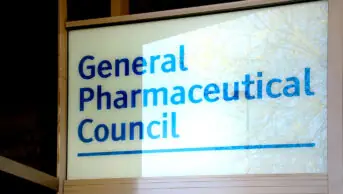
The General Pharmaceutical Council
The General Pharmaceutical Council (GPhC) has opened a consultation on proposals for registration fees to increase by 6% in 2025, followed by a further 6% increase in 2026.
In an announcement published on 30 January 2025, the regulator said it was seeking views from pharmacists, pharmacy technicians and owners of pharmacy premises on the fee increases, which it said are needed “to cover rising operational costs and to make sure that the GPhC can continue to fulfil its regulatory responsibilities effectively”.
Under the proposals, from September 2025, pharmacist renewal fees would increase by £17 to £293; pharmacy technician renewal fees would increase by £8 to £138; and pharmacy premises renewal fees would increase by £24 to £416.
Following the proposed further 6% increase in fees, from September 2026, pharmacist renewal fees would increase by £17 to £310; pharmacy technician renewal fees would increase by £8 to £146; and pharmacy premises renewal fees would increase by £25 to £441.
In the consultation document, the GPhC said that it would have to cut back on its regulatory work if it did not increase fees to cover its costs.
“Like many organisations, we are seeing our operational costs go up, with bigger utility bills and supplier costs and increases in employer costs, such as national insurance contributions,” it said.
The regulator added that it was also dealing with a “significant increase” in fitness-to-practise (FtP) cases, as well as a large backlog in cases as a result of the COVID-19 pandemic, “which has increased workload and costs”.
In September 2024, the Professional Standards Authority (PSA) failed the GPhC on its standard for FtP timeliness for the sixth year in a row, saying that it was “taking too long to progress FtP investigations”.
At the time, the PSA acknowledged that there had been a “30% year-on-year increase in FtP referrals received [by the GPhC] since 2022”.
Commenting on the proposals, Duncan Rudkin, chief executive of the GPhC, said: “We understand that these proposed fee increases come at a time when many people within pharmacy are experiencing increased financial pressures. But we believe that the fee increases we are proposing are necessary so that we can fulfil our statutory duties and provide assurance to the public.
“We are currently in deficit and our financial projections show that this will remain and increase over the next five years. This is not sustainable and, alongside measures we are taking to reduce expenditure and lower our reserves, it leaves us with no alternative but to raise our fees.”
Responding to the proposals, Paul Bennett, chief executive of the Royal Pharmaceutical Society (RPS), said: “We fully recognise the importance of effective regulation to uphold public confidence in the profession. Quality regulation has resource implications, and [the] RPS is keen to work ever more closely with the profession and the GPhC on development of professional standards, frameworks, credentialing and practice support tools to enable the highest standards of practice within the profession.
“However, we remain concerned about the significant increase proposed, which is well above the current rate of inflation of 2.5%. We are mindful of the financial pressures faced by pharmacists and pharmacy technicians, and we will engage constructively with the consultation process to ensure the views of our members are heard.”
Gareth Jones, director of corporate affairs at the National Pharmacy Association, said: “It is a kick in the teeth that the GPhC are considering piling yet more costs on hard-pressed pharmacies.
“It is disappointing that pharmacies have been asked to pick up the regulator’s increasing costs at a time when they have seen not a single penny of additional investment from central government in the last decade and are closing in record numbers.”
“We’ll be responding in due course to this consultation, urging the GPhC to reconsider this,” he added.
The GPhC previously increased its fees by 7.5% in April 2024, owing to “higher rates of inflation, increasing utility bills and supplier costs”, following a two-year fee freeze in 2022 and 2023.
The consultation for the new proposals is open from 30 January to 24 April 2025.


